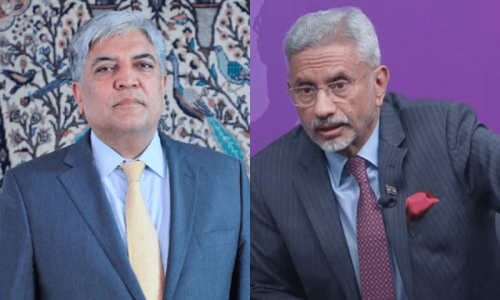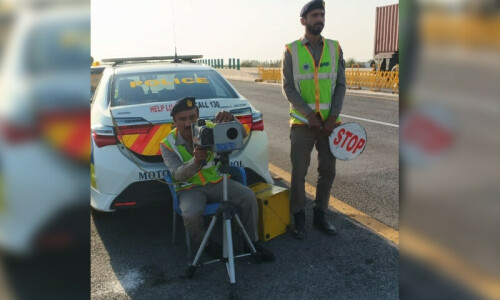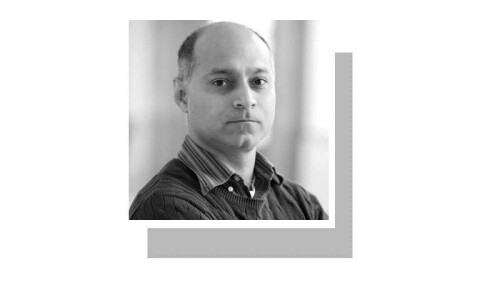ISLAMABAD, July 27: Prime Minister Shaukat Aziz on Thursday approved a plan to begin from next month the sale of petroleum mixed with 10 per cent of locally produced alcohol (ethanol) on experimental basis.
Oil marketing companies (OMCs) and refineries, however, looked at the initiative with scepticism because they felt it did not provide any saving in cost reduction and required additional investment in sugar plants and post-refining mixing. Hence, the sale of blended fuel would be initially made through the state-run Pakistan State Oil (PSO).
This is the first time that the concept of ethanol blending with motor gasoline is being introduced in Pakistan. The blended fuel will have up to 10 per cent ethanol and the remaining 90pc will be gasoline. In many countries, ethanol is being used as primary fuel with 90pc content.
Hydrocarbon Development Institute of Pakistan (HDIP) Director General Hilal Reza, who presented the blending plan to the prime minister, said: “The price of blended and normal product would almost be the same.” The refineries would perhaps need to contribute something to keep the two prices equal initially, he added.
He, however, said it would not be prudent at present to expect savings because it was just a pilot project.
Mr Reza said the engines of vehicles would not need any alteration for 10 per cent ethanol blending but the project would be run for six months to assess consumer response to the new fuel, cost impact and other technical aspects to determine it could be commercially adopted.
It would take another year or so to determine fuel specifications, put in place quality control standards and introduce relevant legislation because it would need de-neutering of alcohol specifications as well.
Mr Reza said the existing distilleries were producing 95 per cent Octane content and would need to be enhanced to 99.7 per cent for blending with gasoline for use in motor engines.
Of the 21 distilleries, only six have the capacity to produce ethanol required for blending with gasoline while the remaining units would require a total of Rs400 million to upgrade in a phased manner.
Pakistan has a total capacity of producing about 400,000 tons of ethanol but it produced 120,000 tons only while 130,000 tons would be required for 10 per cent blending with gasoline.
The prime minister said that introduction of blended fuel would help the government meet energy shortfall. Initially it would be sold under a pilot project through PSO petrol pumps in Lahore, Karachi and Islamabad and the pilot project would be launched in August this year.
Based on the results of the project, the blended fuel would be made available throughout the country, Mr Aziz added.
He said the provinces would be directed to amend the rules to allow the sale of blended fuel. Marketing companies would be encouraged to come forward to market it as blended fuel was less costly and promoted healthier environment, he added.
Separately, the ministry of food, agriculture and livestock (Minfal) has also been asked to explore other sources of raw material for alcohol production like maize, wheat, rice, potatoes and sorghum.
















































